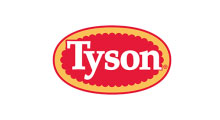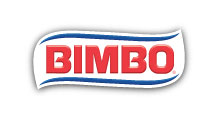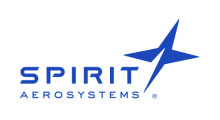Custom Aluminum Fabrication Service
At Schaumburg Specialties, we provide custom aluminum fabrication for a variety of businesses and industries nationwide. If you’re looking for detail and a fast turnaround time for all of our projects, you’ve come to the right place. We specialise in commercial production runs and large-scale projects, delivering unmatched results. From concept to creation, we’re with you every step of the way.
Based in Schaumburg Illinois, we export our products globally and provide our customers with hands-on service and cutting-edge technology to get the job completed accurately. Regardless of your industry and the type of equipment you need, you can rely on us.
From metal extrusion to custom fabrication, we can handle it all.
Get a quoteIf your business is looking for high-quality aluminum fabrication we’d love to assist you. Our entire team is committed to using our unmatched commitment and experience to produce long-lasting products for your business. We’ve harnessed decades of experience and raw passion into our production efforts.
Advantages Of Aluminum
- High heat resistance and affordability, especially compared to plastic- Made from weatherproof and corrosion-resistant alloys
- Flexible in nature that means it can be easily shaped in a variety of processes
- Minimal maintenance required
- Lightweight, as it is only a third of steel’s weight yet can be equally strong
- Resistant to corrosion
- 100% recyclable
- High thermal efficiency ENQUIRE
Projects
Aluminum metal fabrication can be used in a variety of ways to benefit your business.- Laser cutting
- Graining
- Printing to apply lettering, legends, and logos
- Anodizing
- Forming parts to spec ENQUIRE
Aluminum Fabrication FAQs
Both extrusion and casting are two common manufacturing methods for aluminum, but what is the difference between them? In the extrusion process, aluminum billets are forced to travel through a die, resulting in a cross-section. On the other hand, the casting process consists of pouring molten aluminum into a mold while it cools and hardens. Both choices offer unique benefits and applications depending on the needs of your business.
These are both synthetic alloys, meaning they don’t appear naturally and need to be used by combining other elements. Aluminum is roughly ⅓ the weight of steel, allowing for parts to be made thicker and stronger while maintaining a reasonable weight. You may be surprised to learn that aluminum can be forged to be as equally strong as steel, if not stronger.
Feel free to discuss your project’s needs with us, and we can provide a recommendation!
State-Of-The-Art Facility
How Can We Help?





